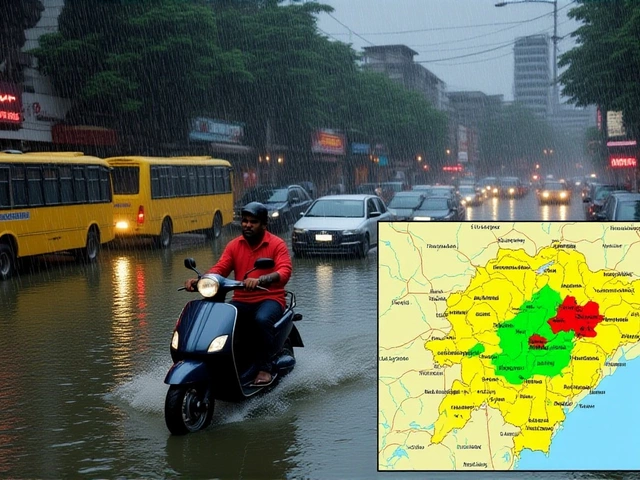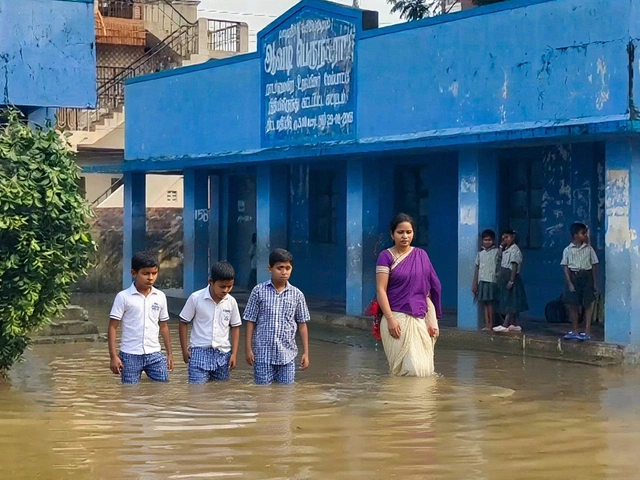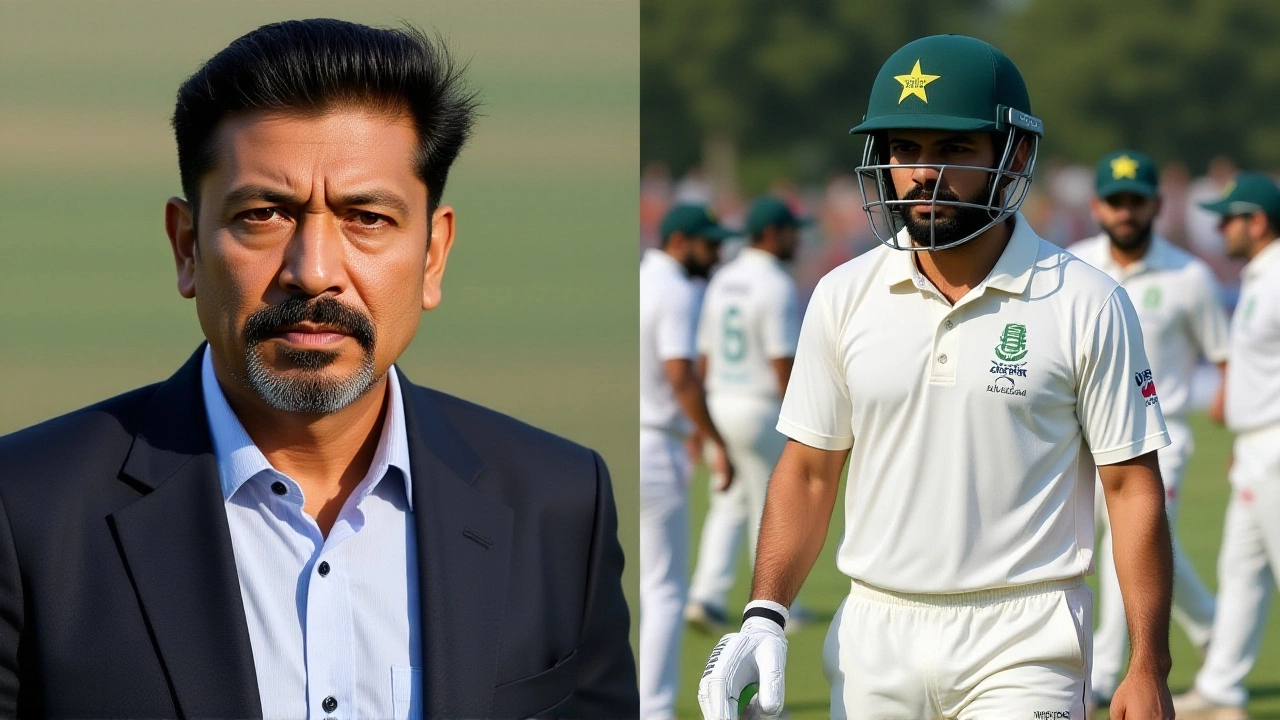
When Ramiz Raja, former PCB chairman and veteran commentator, uttered “Ye out hoga to drama karega” about Babar Azam during Day 1 of the Pakistan‑South Africa Test at Gaddafi Stadium on 12 October 2025, the remark instantly exploded across social media, prompting over 200 formal complaints to the Pakistan Cricket Board.
Background to the Lahore Test Series
The first of a two‑match series between the Pakistan national cricket team and the South Africa national cricket team began under clear skies in Lahore, a city that prides itself on cricket heritage. The venue, a 27,000‑seat arena with a latitude of 31.5064° N and longitude 74.2652° E, has hosted historic encounters ranging from Javed Miandad’s 1989 triumph to the 2022 ICC World Cup warm‑ups.
Going into the match, Pakistan had lost its all‑format captaincy in September 2023, leaving Babar Azam, now 29, to shoulder the batting responsibilities while former opener Shan Masood led the side. South Africa, on the other hand, fielded a blend of experience and youth, with left‑arm spinner Senuran Muthusamy opening the bowling attack.
The Controversial Comment and Immediate Fallout
On the first ball of the 48th over (some reports cite the 49th), Muthusamy delivered a turning delivery that pitched just outside off‑stump. Babar Azam stretched forward, missed, and was promptly caught‑behind. Umpire Aleem Dar raised his finger, but the batsman immediately signalled for a DRS review. While the third umpire Richard Illingworth examined ultra‑edge footage, Raja’s microphone was still live. In Urdu he warned, “Ye out hoga to drama karega,” a phrase that quickly became a meme.
Within minutes, a clip posted by a Twitter user (@43_49_53_all0ut) garnered 127,000 views. Brandwatch analytics later recorded the phrase "drama karega" in 89,400 mentions across platforms, 73 % of them negative.
Reactions from Players, Officials and Media
Social media erupted. Hashtags #BabarAzam and #RamizRaja trended across Pakistan, with 48,300 tweets recorded by 3 PM PKT. Former wicketkeeper‑batsman Moin Khan labeled the comment "unprofessional conduct unbecoming of a former PCB chairman" on Dunya News. Cricket analyst Wajahat Saeed Khan argued on Geo Super that "Raja's comment reflects dangerous commentary bias that undermines player trust in officials."
The PCB’s media manager, Nadeem Khan, confirmed receipt of 217 formal complaints but said no action would be taken until a full investigation under Clause 4.3 of the Board’s Broadcast Code of Conduct was completed.
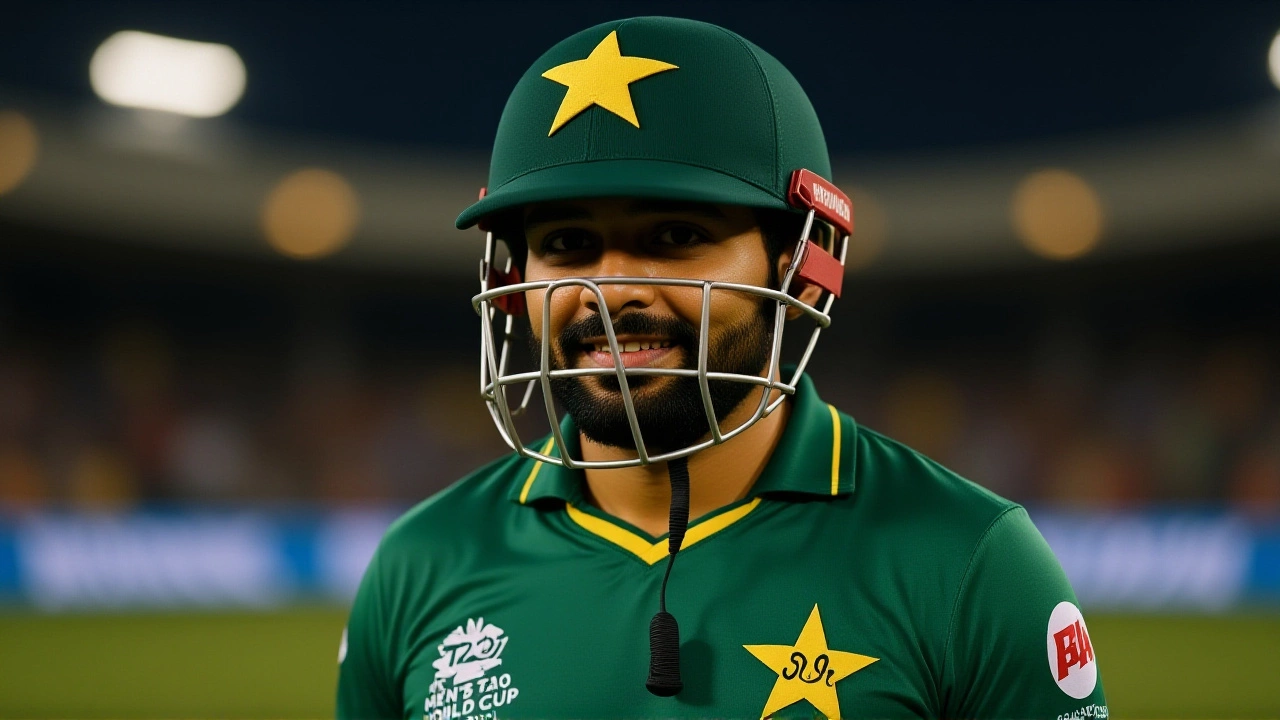
Impact on Broadcast Standards and PCB Investigation
PTV Sports, the network that employed Raja, issued a brief statement saying technical protocols were under review. Head of Sports Production Ali Naqvi told reporters at a press conference on 13 October that the board would consider new guidelines for on‑air commentary when a review is pending.
Historically, Raja has not shied away from blunt criticism. In 2021 he faced a PCB warning after publicly questioning captain Azhar Ali’s strike‑rate during the New Zealand series. This latest incident is likely to revive that debate, with some former players calling for a ban on former officials serving as live commentators.
What This Means for Cricket Commentary
Beyond the immediate heat, the episode highlights a broader tension: the line between insightful analysis and prejudicial commentary. As DRS technology becomes more central, commentators are under pressure to interpret decisions in real time without influencing public perception. Experts suggest that broadcasters might soon adopt a “review‑silent” policy, where analysts refrain from speculating until the third umpire’s verdict is official.
- 12 Oct 2025 – Raja’s remark goes viral during Pakistan‑South Africa Test.
- 217 formal complaints lodged with the PCB by evening.
- Brandwatch records 89,400 mentions of “drama karega” in 24 hours.
- PCB announces a formal investigation, expected decision by 25 Oct 2025.
- Potential revision of PTV Sports commentary guidelines.
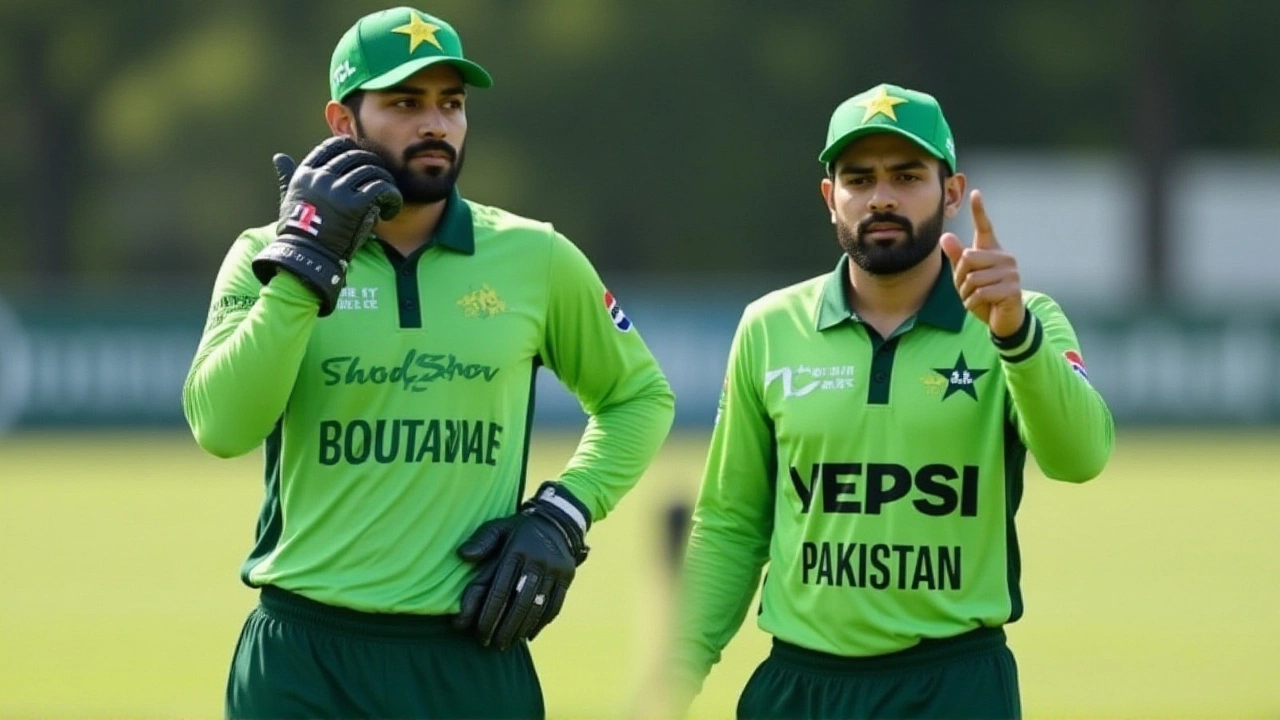
Key Facts
- Ramiz Raja – former PCB chairman, commentator for PTV Sports.
- Babar Azam – Pakistan’s top‑order batsman, scored 23 off 48 balls in the innings.
- Gaddafi Stadium – venue, capacity 27,000, located in Lahore.
- Umpiring crew – Aleem Dar (on‑field), Richard Illingworth (third umpire).
- PCB response – 217 complaints, investigation pending under Clause 4.3.
Frequently Asked Questions
Why did Ramiz Raja’s comment cause such a stir?
The comment was made while a DRS review was in progress, implying a bias before the third umpire’s verdict. Critics argued it could sway public opinion and undermine the integrity of the review system, prompting an outcry from fans, players and officials.
What were the immediate consequences for the broadcast team?
PTV Sports put its commentary protocols under review and promised tighter control of open microphones. No formal disciplinary action against Raja was announced before the match ended, but the PCB’s investigation could lead to a suspension or a ban from future commentary.
How did Babar Azam’s performance affect the narrative?
Azam’s modest 23 runs, coupled with his reputation for frequent DRS challenges (37 reviews in 50 innings since January 2025), made him a focal point. The overturned decision reinforced his belief in the system, while the commentator’s remark seemed to question his integrity.
What does the PCB’s investigation process involve?
Under Clause 4.3 of the Broadcast Code, the board will review the audio clip, assess complaints, and consult legal and media‑ethics experts. A report is expected by 25 October 2025, after which sanctions – ranging from a formal warning to a multi‑match commentary ban – may be imposed.
Could this incident change how cricket is broadcast in Pakistan?
Industry analysts say broadcasters may adopt a “no‑speculation” rule during live DRS reviews, similar to policies already in place in some European football leagues. If the PCB enforces stricter guidelines, commentators like Raja could see their on‑air freedom curtailed.
